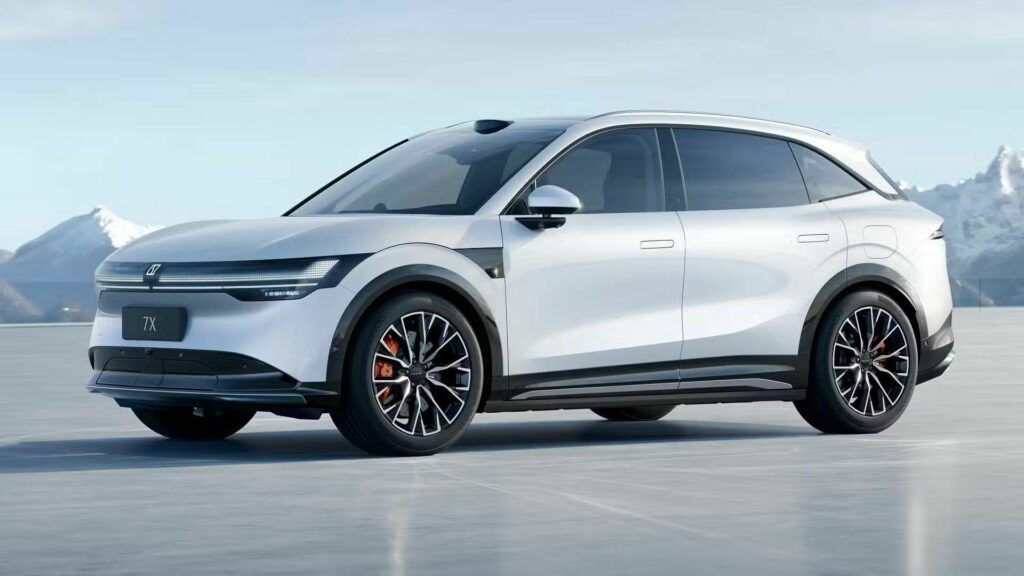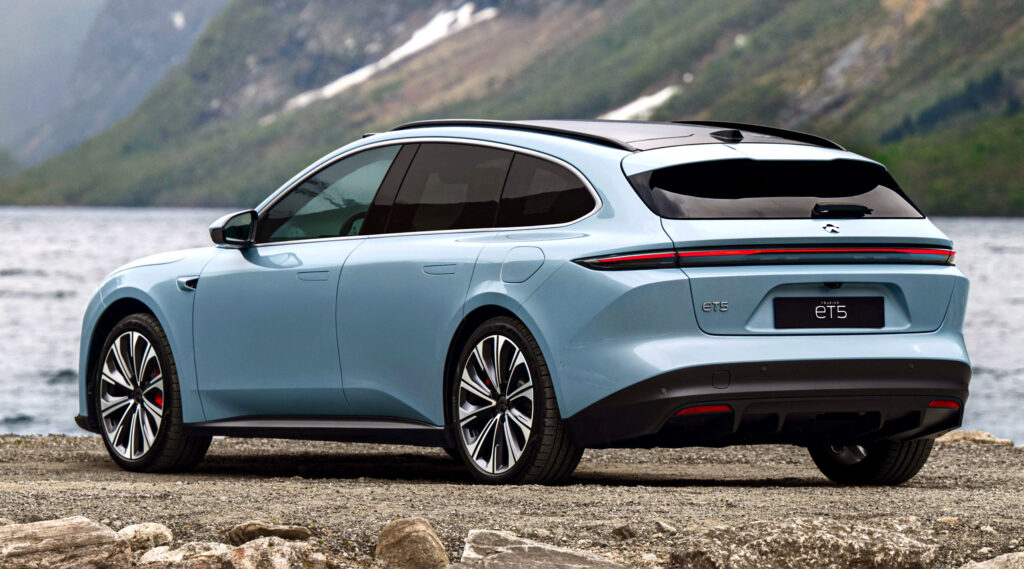- Ten EU member countries voted in favor of tariffs on Chinese-made electric vehicles while five opposed them.
- Germany, Europe’s largest economy, voted against the tariff hikes, raising concerns about potential trade retaliation.
- China has initiated probes into EU dairy, brandy, and pork products, widely viewed as retaliatory actions.
Members of the European Union have voted in favor of enforcing new tariffs on Chinese-made electric vehicles, although negotiation talks between EU and Chinese officials are expected to continue. Despite the vote, the discussions between both sides will likely shape the final outcome of these tariffs.
Late last week, 10 EU members backed the proposed tariff hikes, five members voted against them, and 12 chose to abstain from voting. The only way the tariff increases could have been overturned would have been if a qualified majority—15 EU members representing 65% of the bloc’s population—had voted against them. This procedural rule ensures that any major decision has substantial support across both member states and population share.
Read: Xpeng Could Start Building EVs In Europe To Avoid Tariffs
The European Commission has confirmed it will continue talks with Beijing and a possible compromise is thought to be setting minimum sales prices of Chinese EVs in Europe. A senior advisor at Rhodium Group, Noah Barkin, is skeptical about a deal being reached, particularly since China has launched a probe into EU brandy, dairy, and pork products, widely seen as a retaliatory measure.
Europe’s biggest economy, Germany, voted against the tariff hikes. Automakers in Germany are exposed to counter-measures from China, and in the lead-up to the vote, many expressed concerns about a tit-for-tat trade war.
“Today’s vote is a fatal signal for the European automotive industry,” BMW chief executive Oliver Zipse said. “What is needed now is a quick settlement between the EU Commission and China to prevent a trade conflict from which no one gains. The fact that Germany voted against the tariffs is an important signal and increases the chances for a negotiated settlement.”

Mercedes-Benz described the tariffs as a “mistake” and wants the European Commission to delay their implementation to allow negotiation talks to continue. Reuters notes that VW also opposes the increase in tariffs to as much as 45% and has called on officials to find a “political solution.” It says there’s still time for a deal to be struck before tariff changes are implemented at the end of October.
The European Commission has pointed out that China has a surplus production capacity of three million electric vehicles per year, all of which need to be exported. With 100% tariffs already in place in the US and Canada, the Commission believes Europe is the most likely destination for these surplus vehicles, further adding urgency to the situation.




